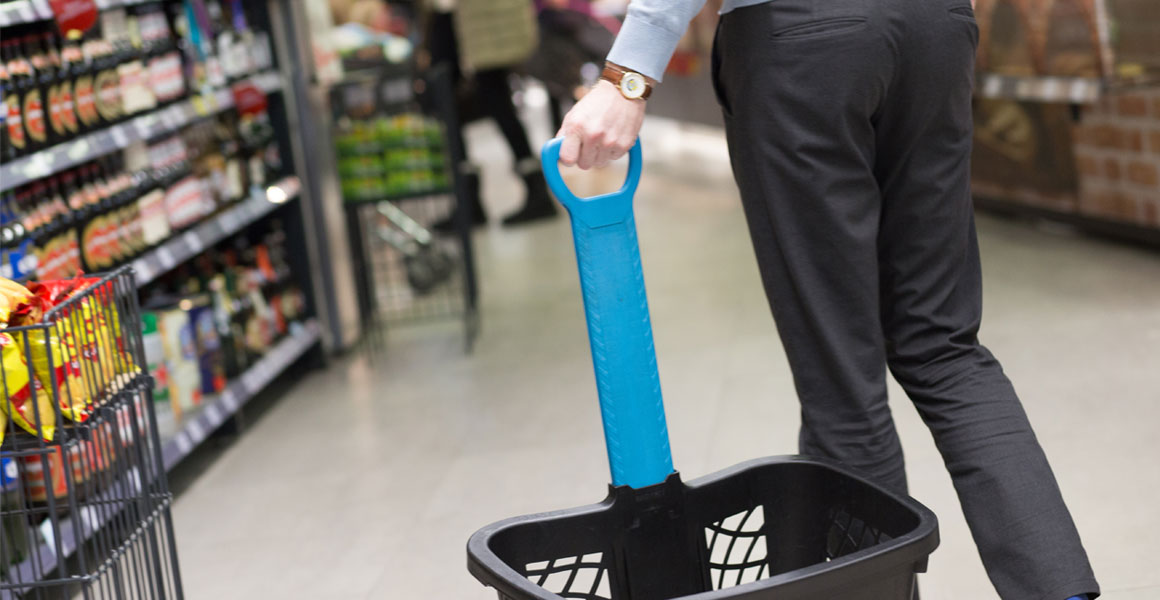Seven influential independent convenience store owners occupy more than a quarter of the senior retailer positions within the industry.
An analysis of 18 supplier, symbol and trade group retailer panels by RN identified 149 positions which are filled by 95 store owners.
However, 25 of these store owners between them hold more than half of all the positions, the top 12 retailers account for more than a third, and the top seven account for a quarter of the positions.
One retailer appeared on eight of the 18 panels. Asked about being the most influential retailer in the sector, the store owner replied: “I’m able to take the time out of the business, but times are tough at the moment, and for a lot of retailers it is hard to get out from behind the counter, but there is real value there in getting the bigger picture, and it would be good to see more retailers involved.”
The positions help to share advice with other retailers, to advise companies on what shop owners want and act as ambassadors to promote the brands.
However, the analysis shows that these panels are not representative of the convenience sector. Of the top 12 retailers, all are symbol group members, and most have store sizes significantly above the national average.
Of the 54 positions they hold, 63% are filled by Tesco or Booker affiliates, 18.5% with Nisa and 18.5% with other groups.
Shop owners with more than one store, which make up approximately 10% of retailers, were also over-indexed.
London and the Midlands account for under 30% of UK convenience stores, but make up more than three quarters of the spaces held by the top 12. There are no women in the top 12, and only one woman in the top 25.
Of the 149 positions, just 8% are held by women despite women accounting for 33% of all UK shop owners.
The panel biases reflect wider supplier engagement issues within the convenience sector.
Previous research by RN found that unaffiliated stores and rural stores also suffered the largest drops in rep visits in the last three years, with half of all retailers overall reporting two thirds of a decline in visits since 2015.
KP Snacks was one of the least representative panels. Of the 11 members identified, none were women, none were from unaffiliated stores and all sat on at least one other industry panel.
A spokesperson for the company told RN: “Our SnackPartners forum is open to any and all independent retailers.
“We already have participants from numerous fascias which span the length of the country, from Scotland to Weymouth, and are growing our base to provide a more holistic view of the industry.
“SnackPartners is a voluntary programme and we appreciate that it can be difficult for retailers to take time away from their busy stores.
“However, we would welcome more diversity across the panel and would encourage anyone who is interested to email snackpartners@kpsnacks.com to request more information.”
Pladis’s Better Biscuits panel was also one of the least representative. Of the nine members identified, none were women, one was an unaffiliated store and only two didn’t sit on any other panel.
Despite previously stating “diversity and inclusion is central to everything we do”, when forced to release a gender pay gap report in 2017, when asked if it would improve retailer representation, Pladis refused to comment.
The NFRN was found to be the most representative industry group in terms of gender, retailer type and unique retailers.
RN has featured 112 unique retailers since the start of 2019, 23% were women, more than on any retailer panel identified.
More recent news: Facebook is still aiding UK’s illicit tobacco trade





Comments
This article doesn't have any comments yet, be the first!